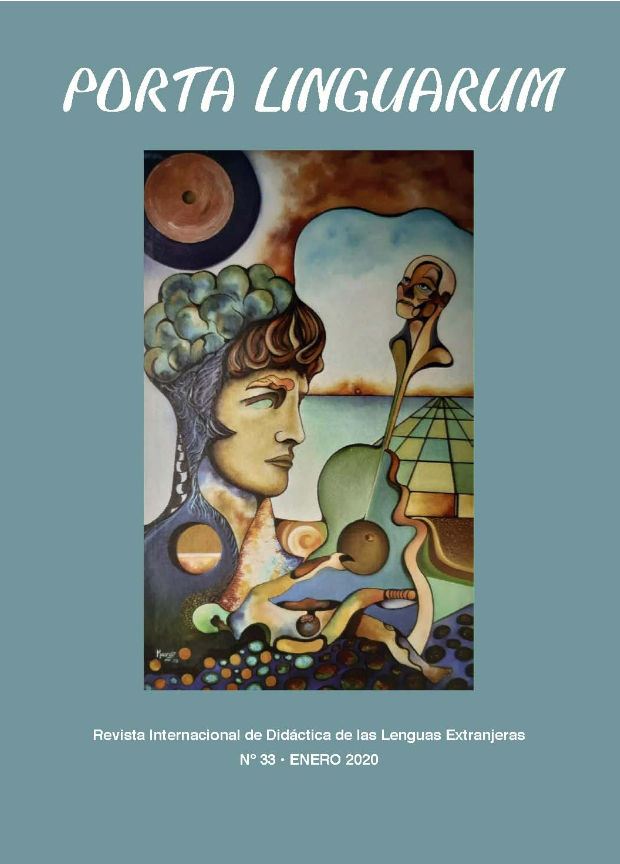The Cambridge Handbook of Bilingualism. De Houwer, A., & Ortega, L. (Eds.) (2019). Cambridge: Cambridge University Press, 664 pages. ISBN: 978-1-107-17921-9 Hardback. DOI: 10.1017/9781316831922.
DOI:
https://doi.org/10.30827/portalin.vi33.26652Keywords:
Book ReviewAbstract
In the past years, studies and research on bilingualism have experimented a striking advance due to the relevance of language learning across international educational policies. The deciding support of prominent organizations (e.g. UNESCO, OECD and European Commission, among others) is one of the key factors, together with globalisation and the human need to establish (and keep) what sociolinguists define as «contact». The arguments in favour of bilingualism are unquestionable in this era, and the benefits it brings to humans are undisputable. This volume arrives at a moment when research is invaluable due to both interdisciplinary crossing of data (e.g. cognitive science, neurolinguistics, psychology, education, linguistics and, even, economy and policies) and intradisciplinary insights from new findings.



















